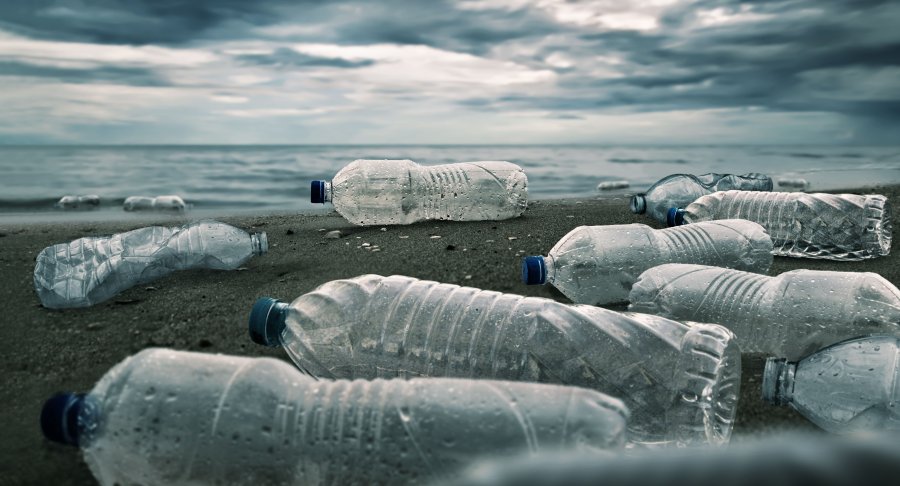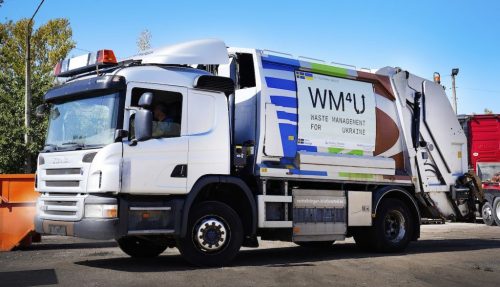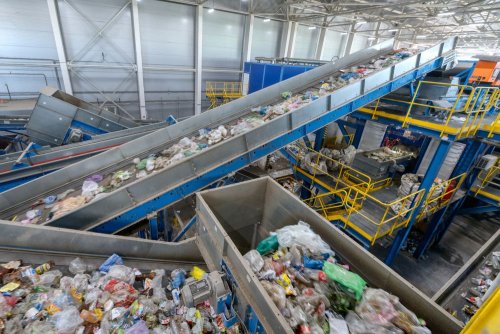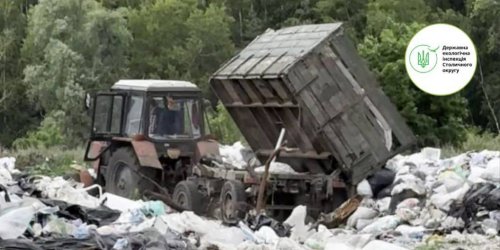Negotiations have begun in Geneva, Switzerland, to finalize an agreement aimed at reducing plastic pollution.
This was reported by Euronews.
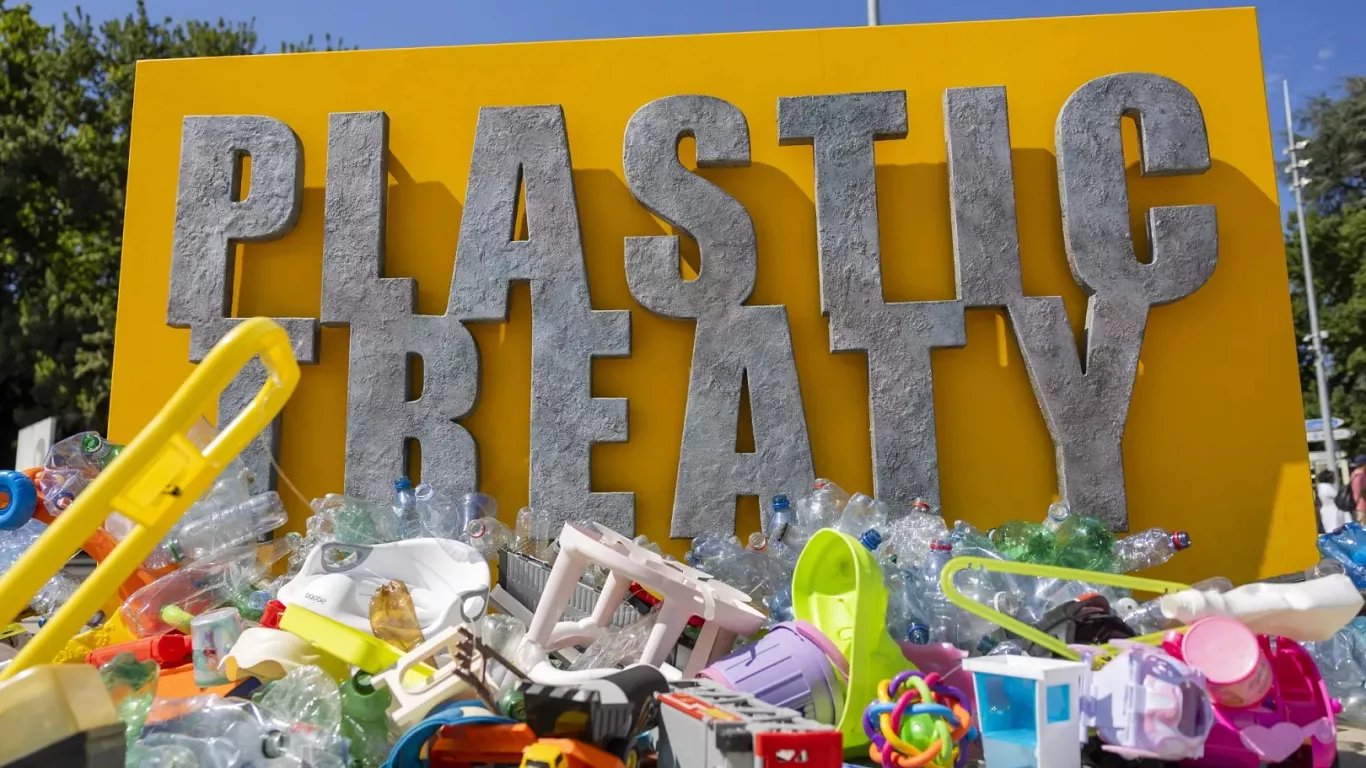
Photo: euronews.com
Experts say this is the sixth attempt to sign the agreement. Last year's talks in South Korea failed without a treaty being signed. Therefore, the negotiators hope that this time they will be able to adopt an important agreement for the planet.
Discussions continue on the commitments to be included in the agreement. More than 100 countries support a legally binding treaty to limit plastic production and phase out single-use plastics and certain chemicals.
But a number of major fossil fuel producers have opposed the restrictions, such as China, Russia, Iran, and Saudi Arabia. They believe that the way out is to recycle and redesign plastic products.
"We are pretty sure that no one wants plastic pollution. However, we have not been able to find a systematic and effective way to stop it," said Luis Vayas Valdivieso, chairman of the negotiating committee.
Delegates from countries that use plastic on a large scale, scientists, environmentalists, indigenous leaders and representatives of communities affected by plastic pollution arrived in Geneva for the talks.
Why plastic is dangerous for the planet
More than 450 million tons of new plastic is produced annually in the world. By 2060, analysts estimate that its use will triple. A significant portion of plastic waste is disposable fast food utensils, drink glasses, and food containers.
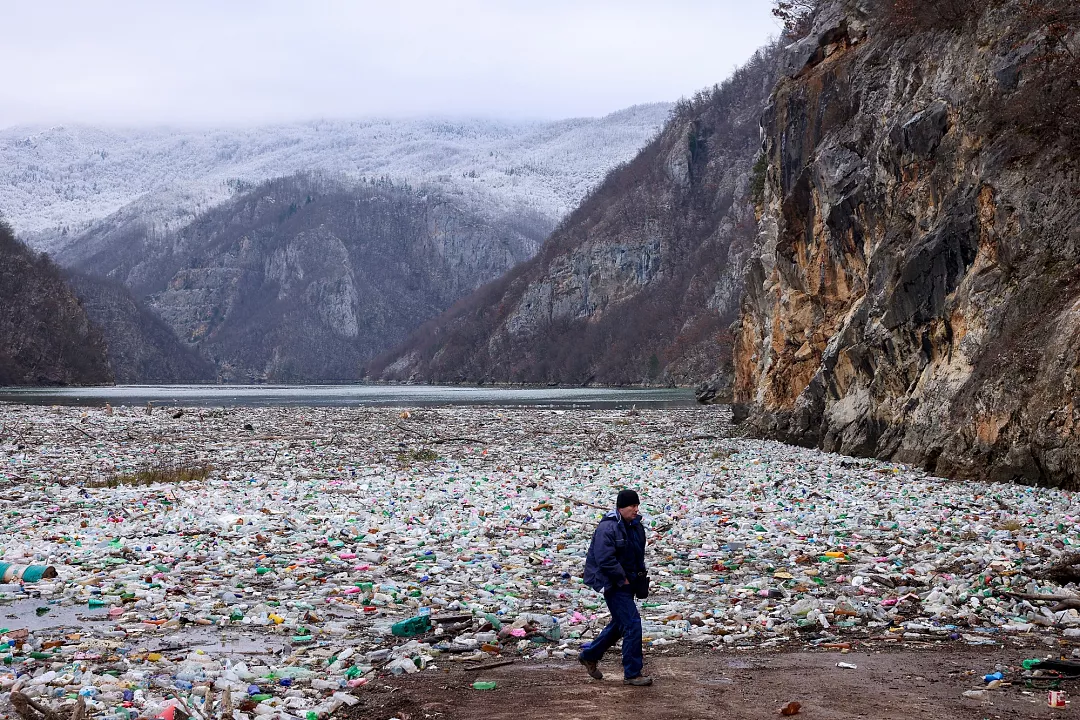
Photo: euronews.com
Plastic pollution not only harms humans and the planet, but also makes it necessary to spend a lot of money to neutralize it, at least $1.5 million, experts say.
Experts say that, compared to air pollution, plastic pollution can be more easily avoided with the help of legal force and government assistance.
EU states are the ones most eager to conclude an agreement that addresses the full cycle of plastic recycling. They are also gradually phasing out certain plastic products that pose harm to people and the environment.
"If business as usual continues, plastic production will triple by 2060. The EU remains firmly committed to finding a global solution to curb plastic pollution, and we expect all parties to be flexible and open in the negotiations," says Environment Commissioner Jessica Roswall.
"If we abandon these ambitions now, we risk accepting an agreement that is politically beneficial but environmentally ineffective," said Laura Cisneros, an American environmental researcher.
The negotiators are discussing the possibility of accepting some points or refusing to accept them in order to avoid a deadlock. Bjorn Beeler, the international coordinator of the Polluters Elimination Network, said this would mean a treaty with no teeth or commitments and little value.
In the negotiating room, there were statements about reducing plastic production by 75% by 2040, but some countries are not ready for such steps.
As EcoPolitics previously reported, EU governments are seeking to agree on a target for recycled plastic content in new cars.

